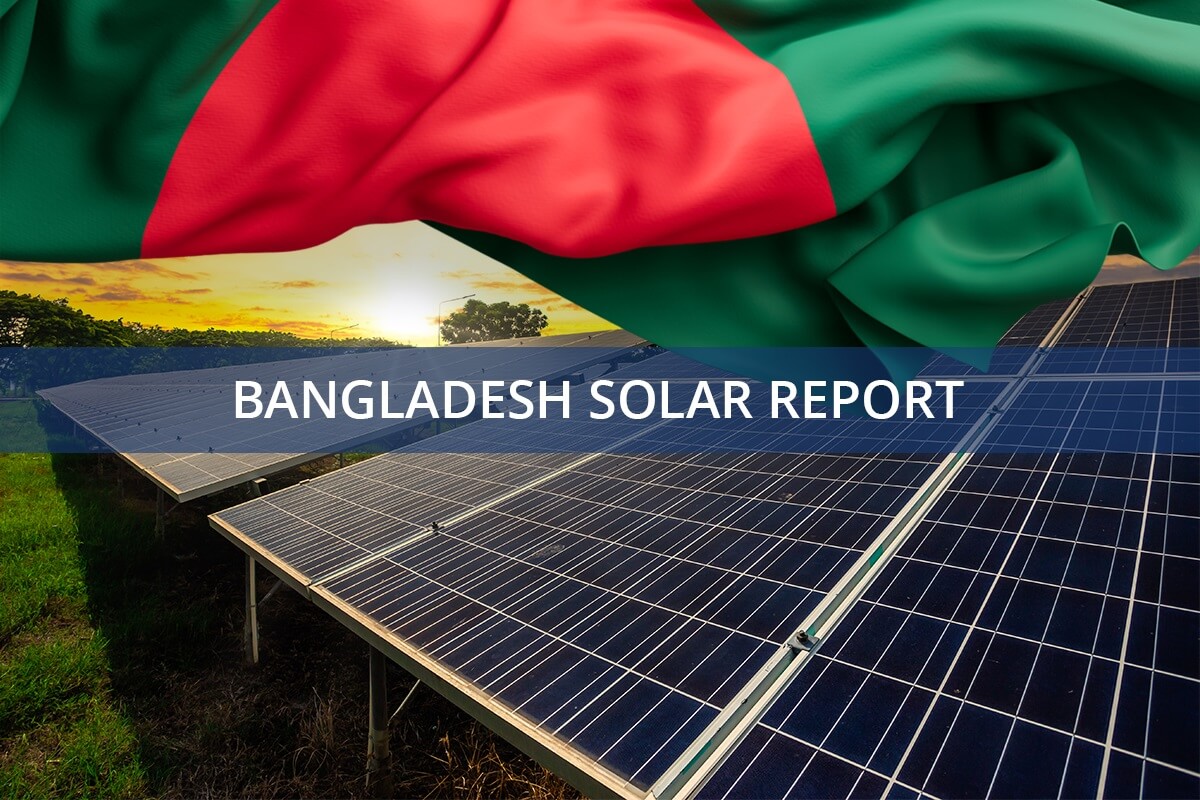Bangladesh could unlock an astonishing 11 GW of electric power from floating solar PV plants on its vast reservoirs, according to a pivotal study by researchers from Bangladesh University of Engineering and Technology (BUET) and the University of Malaya, Malaysia. The study, published in the journal Energy, illuminates the immense potential of floating solar photovoltaics (FPV) as a cornerstone for the nation’s clean energy transition, a crucial move for a country currently dependent on fossil fuels. This innovative approach aligns with a growing global trend, as detailed in the latest [Global Solar Report], where nations are seeking creative solutions to expand renewable energy capacity.
Significant Potential of Bangladesh floating solar
The research team conducted a comprehensive analysis of satellite imagery covering over 2,500 reservoirs across Bangladesh to map out the potential for floating solar. By evaluating key factors like reservoir size, surface area, and water depth, they identified prime locations for these installations. The findings are striking: covering just 5% of the available reservoir area with solar panels could generate 11 GWp of clean electricity. This capacity could double to an impressive 22 GWp if the coverage is increased to 10%.
The study rightly emphasizes the critical importance of strategic site selection to mitigate environmental and social impacts. The researchers pinpointed 1,308 reservoirs with high suitability for FPV projects, including major water bodies like Kaptai Lake, Tanguar Haor, and Chalan Beel. These locations were chosen based on their proximity to major cities, access to road networks, and favorable water quality, ensuring both logistical feasibility and minimal ecological disruption.
Environmental and Economic Benefits
Floating solar power offers a multitude of advantages over conventional ground-mounted solar farms, especially in a country as densely populated as Bangladesh. By deploying solar arrays on water, FPV systems eliminate the need for valuable agricultural or residential land. Furthermore, these installations provide an added ecological benefit: the solar panels shade the water surface, which can significantly reduce evaporation and inhibit algal blooms, thereby improving overall water quality. The cooling effect of the water can also slightly increase the efficiency and energy output of the solar panels.
Ready to make big Profits?
The solar Industry is Booming
WE HELP NEWCOMERS to the solar industry start their own solar module production line. Customers can make BIG PROFITS by selling modules and finding investors, without wasting money and time on things they don't need!
Economically, the study positions floating solar as a highly competitive and environmentally sound alternative to fossil fuels. The levelized cost of electricity (LCOE) for FPV is estimated to be between $0.052 and $0.084 per kWh, making it a financially viable option among renewable energy sources. By tapping into this potential, Bangladesh can drastically cut its carbon emissions, reduce its reliance on imported fossil fuels, and bolster its national energy security. This move could also stimulate the local economy, as explored in the [Bangladesh Solar Panel Manufacturing Report].
Challenges and Recommendations
Despite the significant potential, the path to widespread FPV adoption in Bangladesh is not without its challenges. The study acknowledges that technical and logistical hurdles must be addressed. The researchers strongly recommend conducting detailed feasibility studies and environmental impact assessments for each proposed project. Crucially, they also call for active engagement with local communities and stakeholders to ensure that these projects deliver equitable social and economic benefits.
Government support is paramount. The study calls for robust policy incentives to accelerate the adoption of floating solar. This includes financial measures like tax breaks and subsidies to attract private investment. The government is already showing commitment to solar energy, as seen in its directive for installing [Solar panels Bangladesh] on government buildings. Expanding such initiatives to include floating solar is a logical next step. Additionally, developing clear technical standards and guidelines for the design, anchoring, and installation of FPV systems is essential for ensuring their long-term safety and performance. Integrating this new capacity will also require careful planning to maintain the stability of the national power grid, a key consideration for any large-scale [Solar Manufacturing in Bangladesh].
The researchers also highlight the need for continued research and development in FPV technology, focusing on system design, anchoring solutions for various water body types, and efficient maintenance protocols. International collaboration and knowledge sharing will be instrumental in accelerating the deployment of this promising technology across Bangladesh.
Conclusion
Floating solar power represents a transformative opportunity for Bangladesh to diversify its energy portfolio and achieve a sustainable energy future. The findings from the BUET and University of Malaya study provide a clear roadmap, outlining both the vast potential and the necessary steps to overcome implementation challenges. By leveraging its abundant water bodies, Bangladesh can complement its other successful renewable initiatives, such as the renowned [Off-Grid Solar Bangladesh] program, and take a significant leap toward energy independence and environmental stewardship.
To gain a deeper understanding of the technology and business behind solar energy, consider exploring our [free e-course] on solar panel manufacturing.



